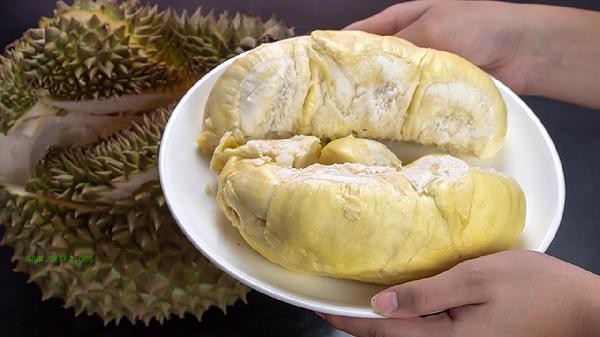After peeling durian, it can usually pass security checks by being placed in a box, but attention should be paid to packaging sealing and odor control. The strong odor of durian may affect other passengers. It is recommended to communicate with security personnel in advance. Durian, as a common tropical fruit, is not classified as a prohibited item after its flesh has been peeled. Domestic airport security checks mainly focus on the restriction of dangerous goods and liquids. If there is no liquid leakage from the fully packaged durian fruit pulp, it generally meets the security check requirements. Some international flights have special regulations for strongly scented food, and it is necessary to check the destination customs policy in advance. Using vacuum sealed boxes or double-layer cling film wrapping can effectively reduce odor diffusion and avoid discomfort in the cabin.

Some countries and regions have listed durian as a food prohibited from being brought into the country, such as the Singapore MRT and certain Middle Eastern countries. If cross-border transportation is required, it is recommended to choose the shipping method. High speed rail security checks have fewer restrictions on fruit products, but exposed fruit pulp may be discouraged due to hygiene issues. The airport security X-ray machine can recognize the shape of fruit pulp and will not mistake it for dangerous goods, but the staff may request an open box inspection for confirmation.

It is recommended to choose fruits with moderate maturity when traveling with durian, as overly ripe flesh can easily ferment and produce alcohol. Short distance travel can be equipped with ice packs to maintain low temperature and prevent fruit pulp from spoiling. When taking public transportation, respect the feelings of other passengers and try to choose to carry it during non peak hours. If there is a security dispute, you can actively cooperate with the staff to handle it, and if necessary, you can eat some fruit pulp on site to prove safety. People with special physical conditions should be aware that strong odors in enclosed spaces may trigger allergic reactions.










Comments (0)
Leave a Comment
No comments yet
Be the first to share your thoughts!